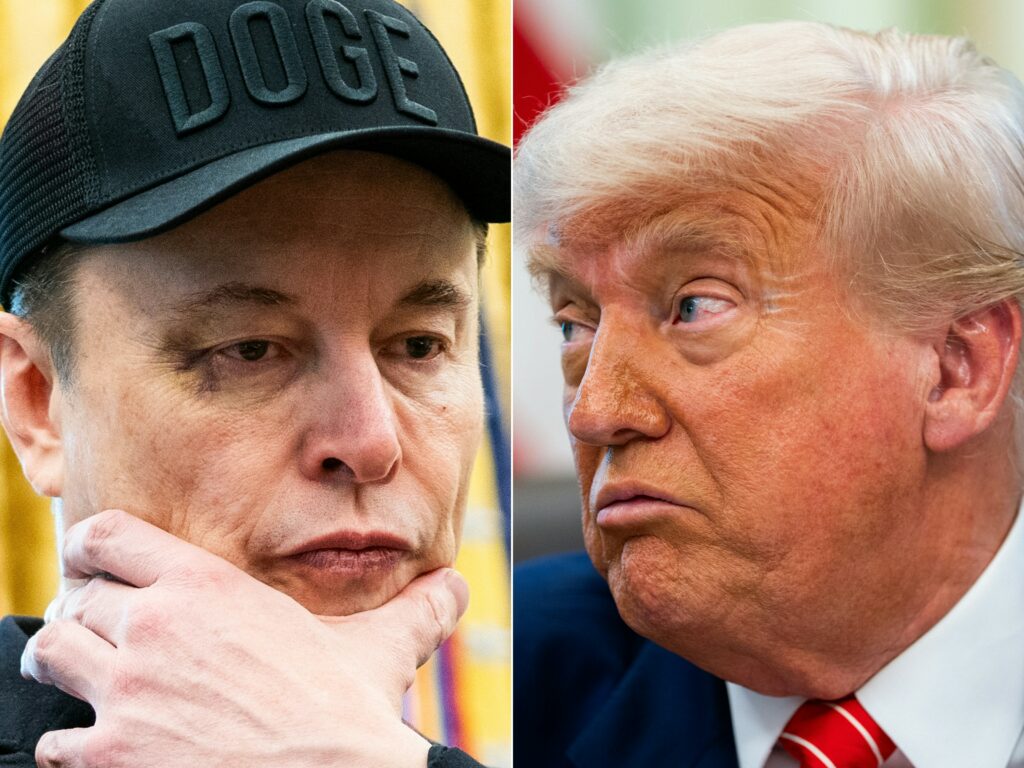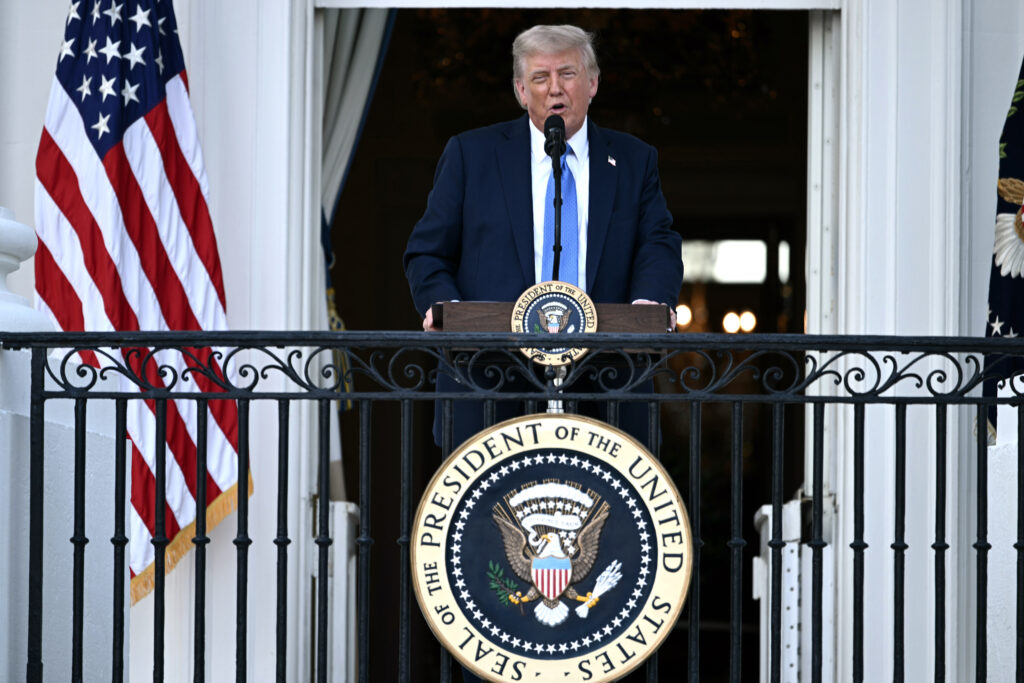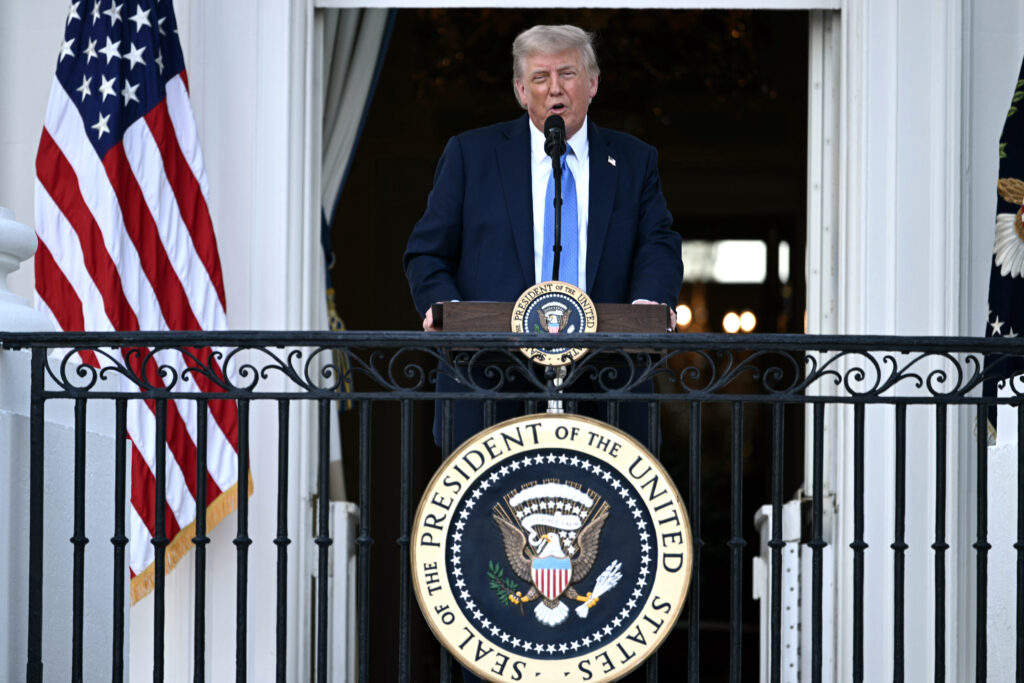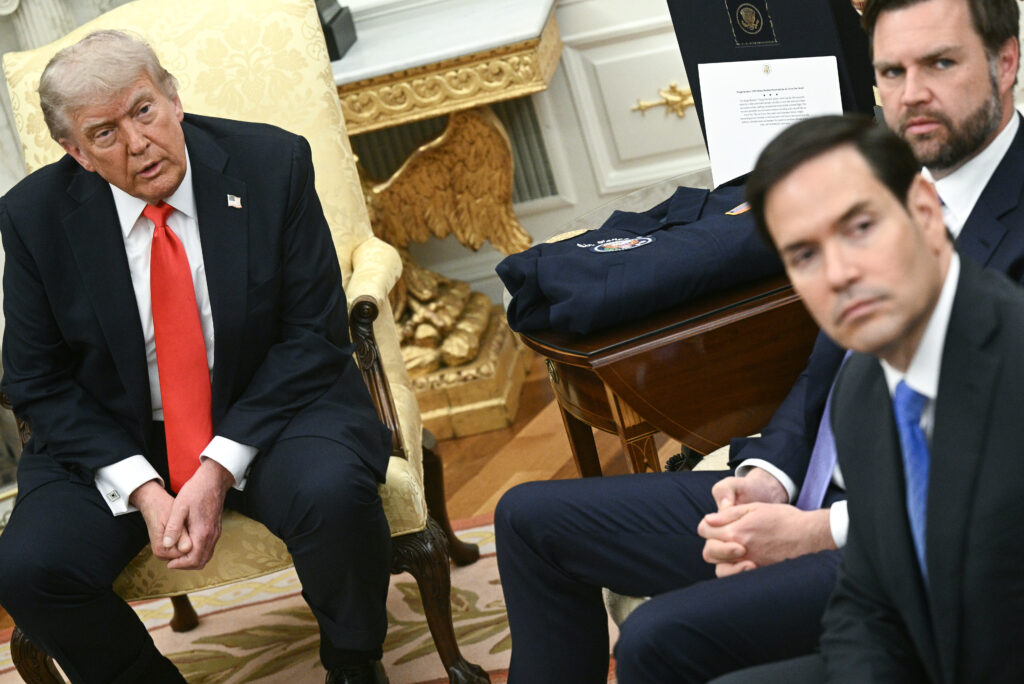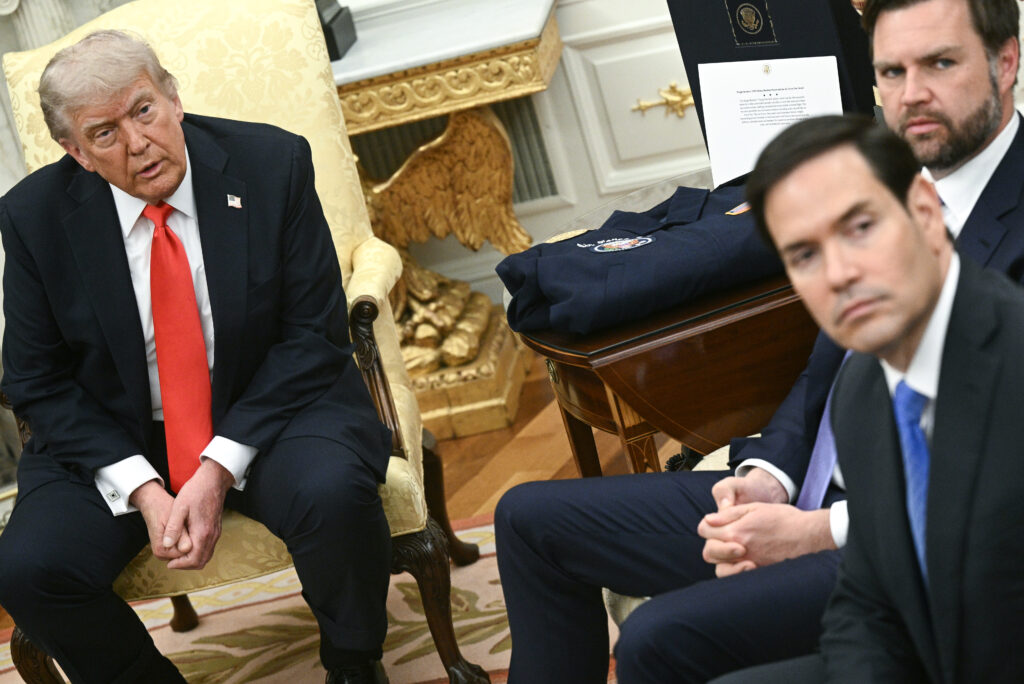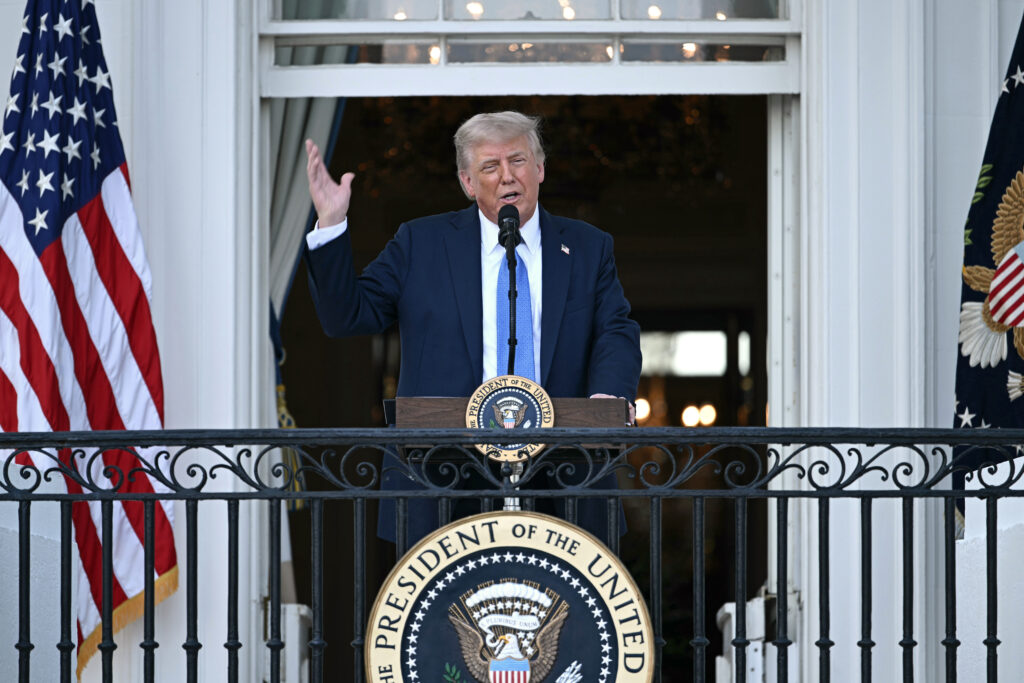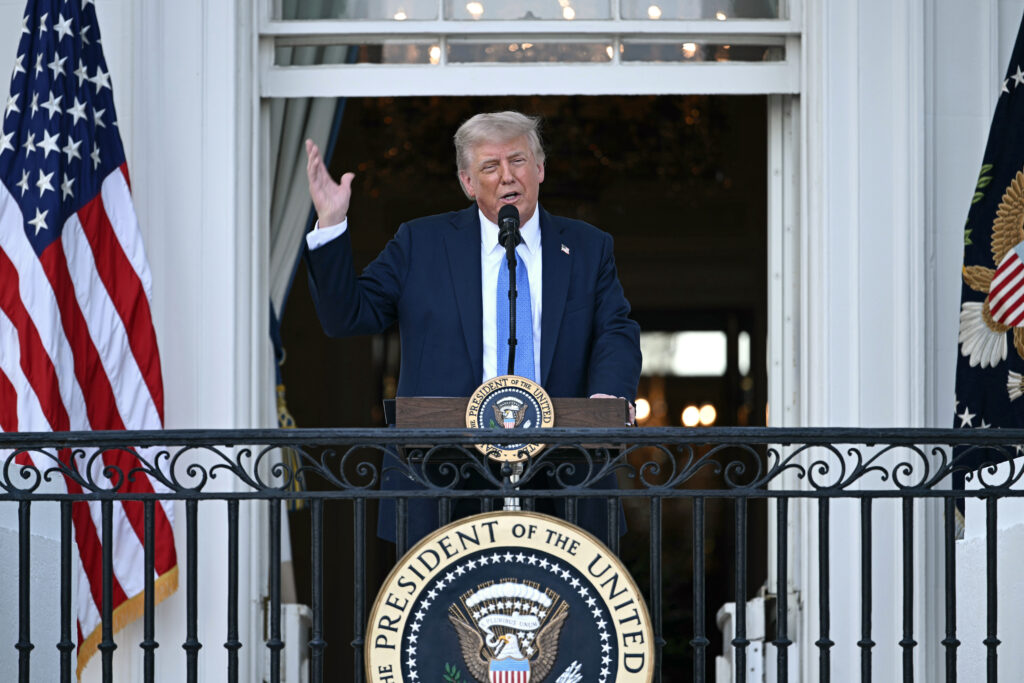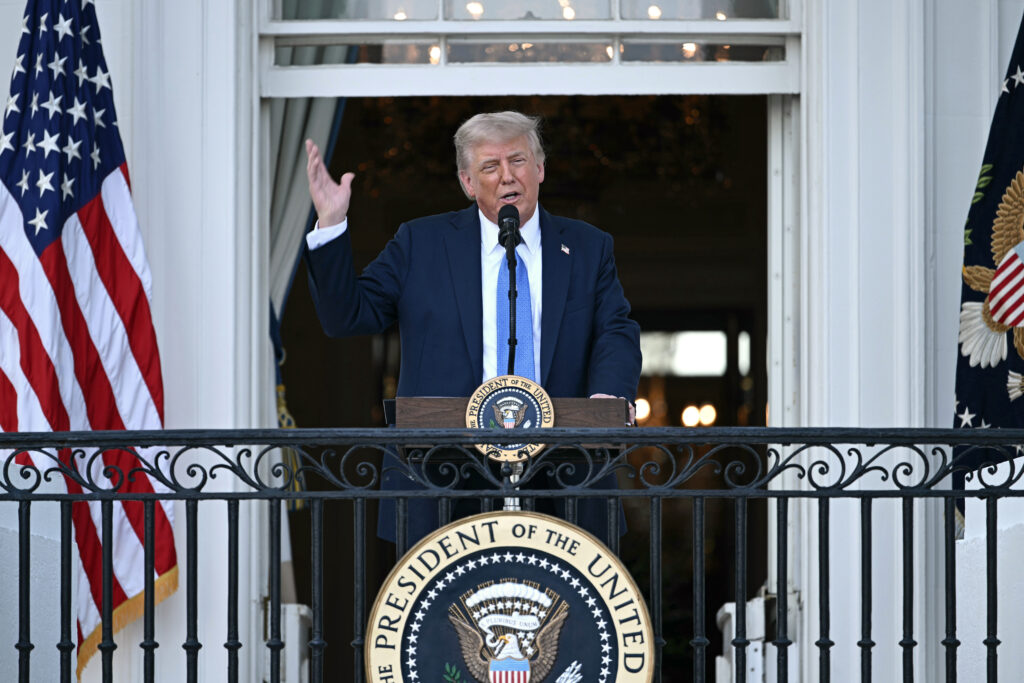Trump et Musk se déchirent en public
Leur alliance était spectaculaire et intense, leur rupture l’est tout autant: Donald Trump et Elon Musk se sont déchirés publiquement jeudi, s’accusant de “folie” pour l’un, “d’ingratitude” pour l’autre.Le président américain a assuré sur son réseau Truth Social qu’il avait mis fin à la mission budgétaire d’Elon Musk, selon lui “devenu fou” à cause d’une décision défavorable aux véhicules électriques.”Le plus simple pour économiser des milliards et des milliards de dollars dans notre budget serait d’annuler les subventions et contrats gouvernementaux” du patron de Tesla et SpaceX, a-t-il menacé dans un autre message.Sur son réseau X, Elon Musk a déclaré en réponse que SpaceX “commencera immédiatement à mettre hors service son vaisseau spatial Dragon”, utilisé notamment par la Nasa pour acheminer des astronautes vers la Station spatiale internationale (ISS).Il a semblé, quelques heures plus tard, faire marche arrière, écrivant: “Bon, nous n’allons pas mettre Dragon hors service.”Entre-temps, la joute a envoyé par le fond l’action Tesla, qui a perdu des dizaines de milliards de dollars de capitalisation à Wall Street, clôturant à -14,26%.Depuis que l’homme le plus riche du monde a lancé la semaine dernière un tir de barrage contre un mégaprojet de loi budgétaire de Donald Trump, ce n’était sans doute qu’une question de temps avant que le divorce ne soit véritablement consommé.C’est pendant une réunion dans le Bureau ovale avec le chancelier allemand Friedrich Merz, réduit au rôle de figurant muet, que le président a acté jeudi la rupture.Pendant un échange avec les journalistes, retransmis en direct, Donald Trump s’est dit “très déçu”. “Elon et moi avions une bonne relation. Je ne sais pas si c’est encore le cas”, a-t-il lancé à propos de son ancien “conseiller spécial”, qui a quitté vendredi dernier la mission de réduction des dépenses publiques qu’il menait à la Maison Blanche.- “N’importe quoi” -“N’importe quoi”, a écrit Elon Musk en commentaire d’une vidéo de Donald Trump affirmant, déjà, que sa colère était due à la perte de subventions pour les véhicules électriques.”Faux”, poste-t-il ensuite au-dessus d’un extrait dans lequel le président américain assure que l’entrepreneur connaissait par avance le contenu du texte. Une “grande et belle loi” selon Donald Trump, une “abomination” pour les finances publiques selon Elon Musk.Le multimilliardaire, qui a très généreusement financé la campagne du républicain en 2024, assure que “Trump aurait perdu l’élection” sans lui et l’accuse d'”ingratitude”.Il n’a pas hésité à frapper sous la ceinture, affirmant, sans apporter de preuve, que le nom du président se trouvait dans le dossier Jeffrey Epstein, ce financier américain au coeur d’un vaste scandale de crimes et d’exploitation sexuels qui s’est suicidé en prison avant d’être jugé. En réponse, la Maison Blanche s’est contentée de qualifier ces attaques de “regrettables”.Dans le Bureau ovale, Donald Trump a dépeint son ancien allié en amoureux éconduit: “Il disait les choses les plus belles à mon propos”.”Les gens quittent notre gouvernement, ils nous aiment, et à un certain moment cela leur manque tellement… Et certains d’entre eux deviennent hostiles”, a poursuivi le républicain.- “Nouveau parti politique” -Dès l’entrée tonitruante d’Elon Musk dans la campagne de Donald Trump l’an dernier, les doutes ont surgi sur la longévité de la relation entre ces deux hommes impulsifs et affamés d’attention.L’idylle a d’abord semblé parfaite. Donald Trump avait défendu son allié face aux critiques et a même organisé une opération de promotion pour la marque Tesla à la Maison Blanche.Elon Musk avait lui qualifié le président de “roi” le jour de son investiture, et porté une casquette siglée “Trump avait raison sur tout” au conseil des ministres.Mais les tensions ont grandi entre le multimilliardaire très impopulaire et les ministres ou conseillers du président.Pour certains experts, ce qui pourrait avoir scellé le sort d’Elon Musk ne s’est pourtant pas passé à Washington, mais dans le Wisconsin, où il a fortement soutenu un juge conservateur dans une élection récente à la Cour suprême locale. Mais c’est la candidate des démocrates qui l’a emporté, largement.Donald Trump, qui déteste être associé à la défaite, a forcément suivi avec attention cette première aventure politique en solo d’Elon Musk.Lequel n’a visiblement pas été dégoûté. Le natif d’Afrique du Sud, qui ne peut devenir président puisqu’il a été naturalisé, a demandé jeudi s’il n’était pas “temps de créer un nouveau parti politique” aux Etats-Unis.
